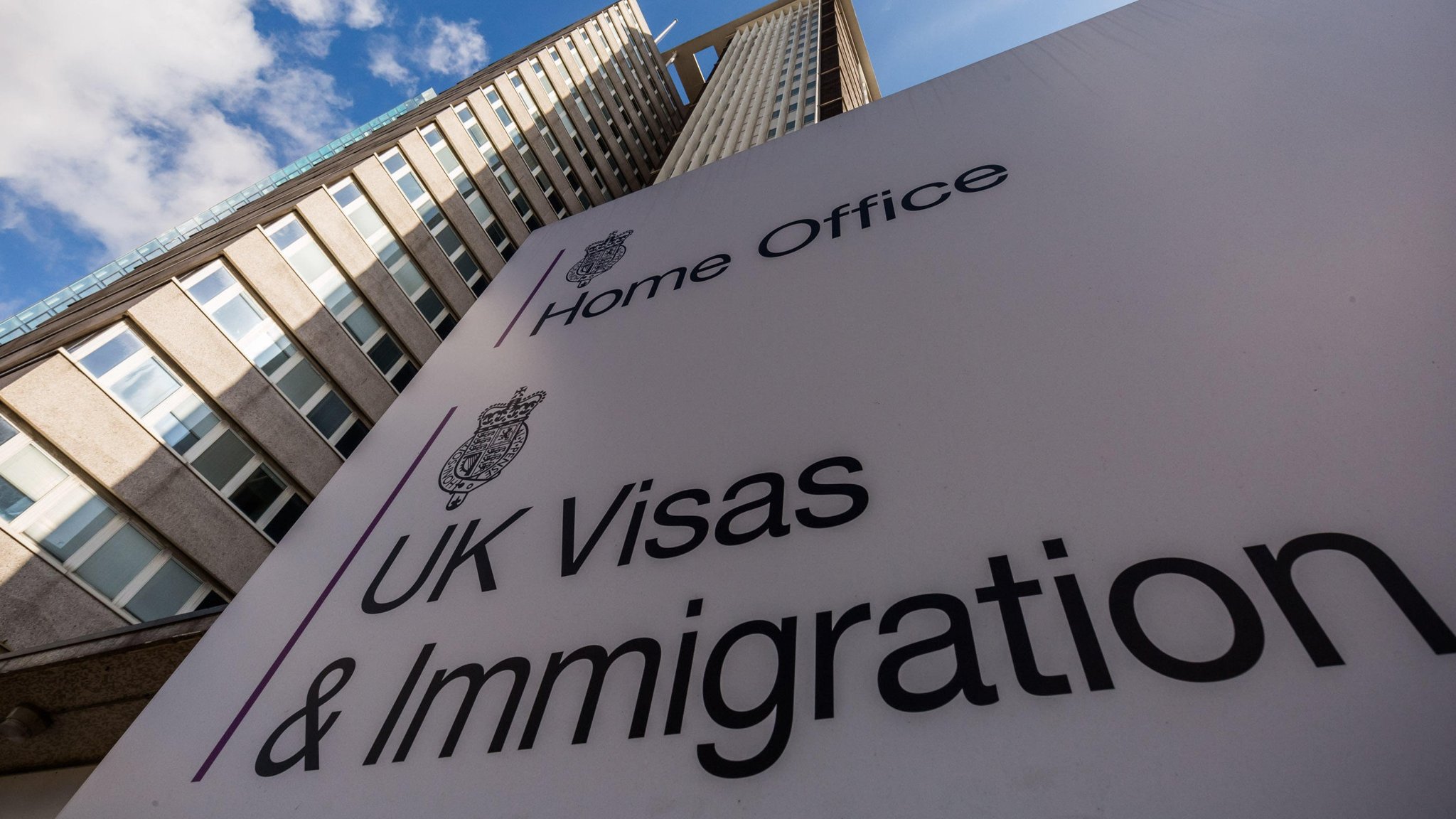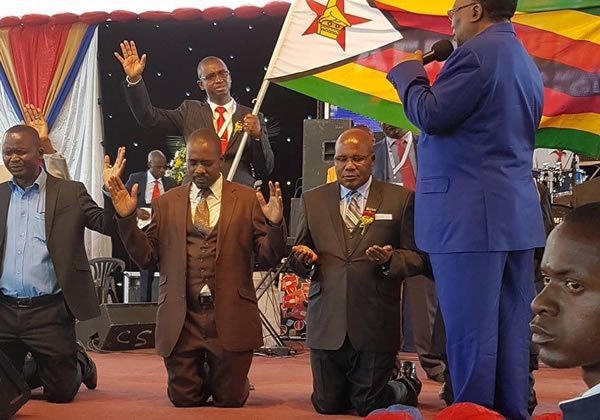Ben Chiganze
MANY people want to see change in people’s livelihoods, but they don’t become the change they want to see in the world. Even those who elect themselves to be catalyst for change sometimes fail dismally in their mission — thereby remaining by and large “outsiders” in their communities.
Likewise it is easier to recite at some church services or at funerals King David’s popular “the Lord is my Shepherd…even if I walk in shadows of death…I fear no evil”, but when real threat of danger approaches, many scurry for cover. It is one thing to claim that one has faith and another to live one’s life based on the conviction of one’s faith.
Indeed, experience has shown that educated people are not necessarily courageous people. Education sometimes conditions people to be risk averse and seek personal safety and comfort. But not so for the Cambridge graduate, Father Keble Prosser, affectionately known as “Muzungu” by his students.
Father Keble Richard Hugh Prosser had all the ingredients of a change agent for the new Zimbabwe we wanted. In addition to motivating students at St Augustine’s to achieve academic excellence, he also celebrated their diversity of thought and actions. He encouraged and motivated current and former students in whatever personal circumstances he found them in, without being judgemental.
He presided over St Augustine’s during Zimbabwe’s war of Liberation and found himself with a tricky task of negotiating with the Rhodesian army during the day and accommodating liberation war fighters at night at the mission.
He refused to let the Rhodesian army guard the school and gave some concessions, which enabled the freedom fighters to hold rallies at the school at night while ensuring that students had adequate time to study.
Both required diplomatic skills of a very high level given that he remained credible in the eyes of the two warring factions.
Entertaining freedom fighters at night was just as good as dicing with death because St Augustine’s is surrounded by well treed hills which made surveillance by Rhodesian soldiers and the Special Branch difficult to detect. He was also aware that the Special Branch was closely monitoring him. Given the school’s proximity to Mozambique, it became a popular recruiting centre for the liberation war fighters.
It is documented that sometimes teachers would have full classes in the morning and in the afternoon half of the students (both boys and girls) would have absconded from school to participate in the war. This posed more threats to Muzungu’s safety as he always deliberately avoided reporting within the stipulated 24 hours students who would have absconded for the war.
Though he was often persuaded to leave the school or relocate to safer urban centres such as Mutare, he refused to take the advice and defiantly kept on running the school throughout the war. He was seen to be sympathetic to the liberation war and he was given assurances that he would not be harmed or harassed by freedom fighters.
He used his personal resources to aid the liberation movement. He secretly enlisted the services of trusted teachers and students to purchase shoes, clothes, drink and food provisions for war liberators on his behalf in Mutare.
Among the teachers who were involved in this underground activities were Messrs Chidawanyika and Makaya, who were sent with these provisions to as far as Odzi, Mandeya and Honde Valley.
According to Chidawanyika, his philosophy was “Nyika ngaitorwe nevatema”. He even sympathised with people who tried to invade parts of St Augustine’s farm arguing that the land belonged to them in the first place.
He also enlisted some students to go and purchase goods for the benefit of freedom fighters. To avoid detection or suspicion, these boys would buy oversized shoes and remove them at the mission only to go back and repeat the same process until they had the quantities they wanted.
Consequently, St Augustine’s became a recruiting centre for freedom fighters and some students absconded school to take up arms to free the country. Nevertheless, he defended his students through thick and thin.
The association and the activities of freedom fighters continued smoothly and undetected at the mission until a young pupil at St Augustine’s reported to his father, who was a member of the Rhodesian army, the night activities of war liberators at the School.
Using this information, the Rhodesian army ambushed the school at night, resulting in the loss of life of a gallant former student turned war liberator, Comrade Tendai “Pfepferere” Gandiya whose body was paraded before the students as an intimidation tactic. Unlike other sisters and staff members who disappeared and reappeared after periods ranging for up to two weeks following this incident, Father Prosser did not run away to seek personal safety. He in fact compromised his personal safety by giving Gandiya a befitting send off together with his students while guns were pounding and helicopters flying over the school.
This was despite prior warnings by the Rhodesians that anyone having anything to do with Gandiya’s funeral risked being arrested. Under such difficult circumstances, Muzungu, never showed any iota of fear.
After the clash between freedom fighters and the Rhodesians, three female students perceived to be sympathetic to liberation fighters were taken by the Special Branch from the school to be interrogated and tortured at Penhalonga Police Station. Using his personal negotiating skills and a Mr Mazaiwana in Harare, Muzungu was able to take them back to school though they had been thoroughly beaten.
His involvement with freedom fighters continued after independence in 1980. This time around he was at the forefront of integrating them back into the New Zimbabwe.
Integration of war veterans back to the society required appointed and self appointed change agents. Father Prosser chose the later.
He embraced and welcomed war veterans back with sincerity and conviction that they would help in effecting meaningful change in Zimbabwe. Thus he forged very close relationships with late National Heroes Edgar Tekere and Zororo Duri, who were former St Augustine’s students and freedom fighters.
He came up with a programme to enrol some of the war liberators back to school at St Augustine’s. He took the initiative to advise several former students turned war liberators who got in touch with him to enrol again at St Augustine’s as well as spreading the initiative to other freedom fighters.
He never bought into the Rhodesian propaganda that “those who left school were dull students”. He used his prior knowledge of his former students’ performance and enrolled most of the freedom fighters a form above the one they were when they left for the war.
Indeed most of them did not disappoint him with their performances. Among those who gladly accepted the offer were Mark Manyumwa, Mabel Duri, Elizabeth Dumbarimwe and many others.
However, the former students who had been attested in the National Army such as Col Mutsvunguma whose ranks were at Major level and above then, were encouraged to pursue private studies.
When it came to his former students who were war veterans, he was very personal in his interventions in their personal circumstances. A case in point was when he took sole responsibility to assist in arranging the wedding for Honourable Christopher Mutsvangwa and Honourable Monica Mutsvangwa who were then on diplomatic mission in Brussels in 1985.
The couple were finding it difficult to organise priests and a venue for their wedding given that they were away for too long due to their involvement in the liberation war and their posting to Brussels in 1980. In addition, they just had two weeks holiday before they could go back.
Not so for Fr Prosser, who hastily put together a wedding plan, booked the Anglican cathedral in Harare, brought a choir from St Augustine’s (to ensure high quality music) and solemnised this emotional event for his “guerrilla, student, friend and diplomat”.
He also erected a statue in honour of the gallant son and former student Tendai “Pfepferere” Gandiya who lost his life at the school. He was brother to Bishop Gandiya of the Anglican Church of the Diocese of Harare.
These and many other interventions are a clear testimony that Fr Prosser dedicated his life to give dignity back to humanity. Never mind his European origins, he lived, breathed and immersed himself to the true spirit of “Ubuntu” which literary means “I am because you are”.
He deserved the humble crown of “unsung hero of Muchena village” because his personal life was quintessentially enmeshed in being useful to one’s community.
As we prepare ourselves to bury the ashes of this illustrious Community of Resurrection Father at St Augustine’s mission on Saturday (March 5, 2016), we are encouraged to take a leaf from his life by living a life motivated by bringing the best in others, avoiding to pass judgements on others, bearing the burden of our communities as well as extending love and compassion to our fellow countrymen.






